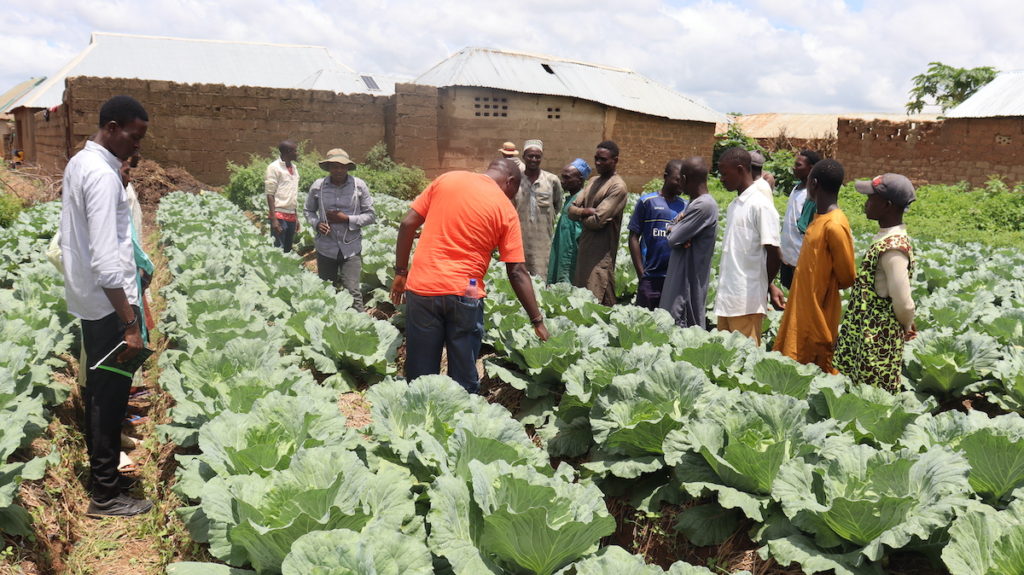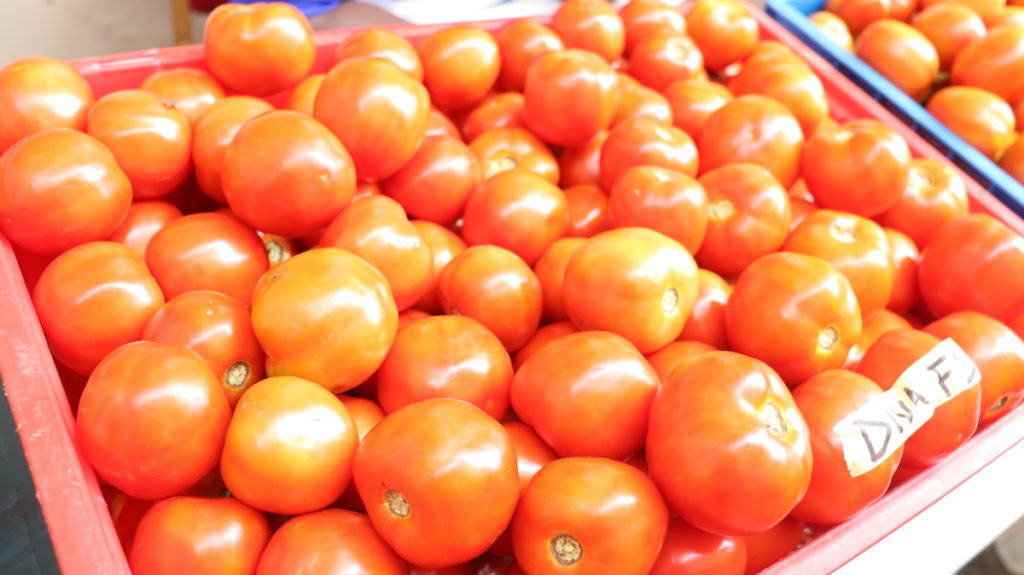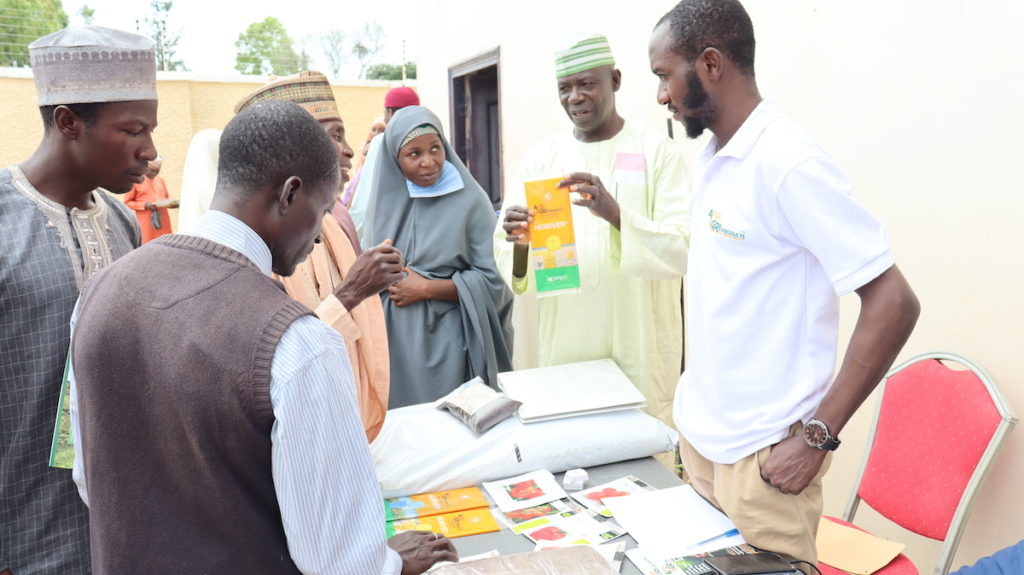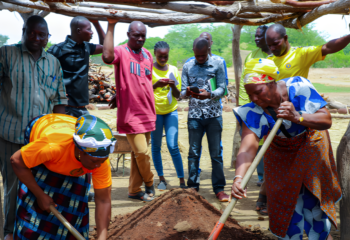
On September 21, 2022, the Dutch-funded HortiNigeria program hosted a vegetable-sourcing mission in Kaduna State, employing field demonstrations designed to improve market linkages between farmers, offtakers, and financial service providers.
Not only do we want to achieve increased productivity as a program, but we also want to build a viable horticulture value chain where various participants work together to harness its potential.
The three-day vegetable-sourcing mission hosted several participants across the vegetable chain, focusing on one of the program’s agribusiness clusters centered around the Tomato Jos processing plant in Igabi, Kaduna State. In addition to increasing supply and demand, the platform showcased impressive crop yields harvested using innovative technologies and eco-efficient practices. Furthermore, farmers who have adopted these improved practices shared experiences of increased yields and enhanced engagement within the mapped-out agribusiness cluster.

According to Abdullahi Umar, one of HortiNigeria’s Component Leads on Sector Coordination and Business-to-Business Linkages, “Not only do we want to achieve increased productivity as a program, but we also want to build a viable horticulture value chain in which various participants work together to harness its potential. Also, with urban living becoming more popular, dietary tastes are changing, resulting in a rising number of vegetable consumers. Therefore, implementing events such as this vegetable-sourcing mission fosters a collaborative effort among value chain contributors and boosts supply to the markets, ensuring that vegetable consumers’ dietary needs are met.”

HortiNigeria, a four-year (2021-2025) program, aims to support Nigeria in building a sustainable gender- and youth-inclusive horticulture sector that contributes to food and nutrition security in the country. The program is implemented in Kaduna, Kano, Ogun, and Oyo states, targeting the cabbage, cucumber, okra, onion, pepper, tomato, and watermelon value chains. The program intends to boost the productivity and income of 60,000 smallholder farmers (50% youth and 40% women) in Kaduna and Kano states by introducing eco-efficient agronomic practices. In addition, the program will increase acreage under sustainable cultivation by 15,000 hectares and reduce seasonal risks by promoting innovations and crop diversification to 2,000 entrepreneurial farmers. The program will also increase access to finance for 50 small and medium agricultural enterprises and enhance sector coordination, which will facilitate 200 business-to-business linkages in all four Nigerian states.




